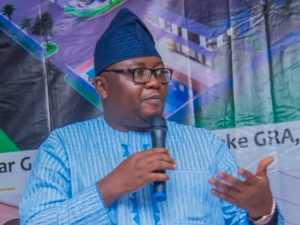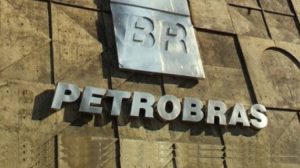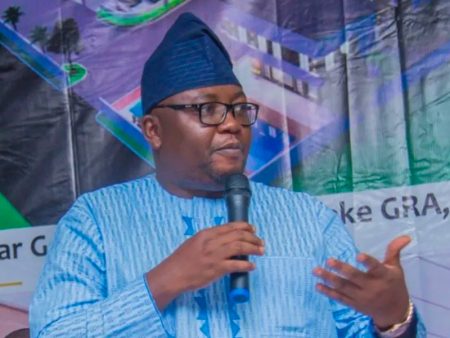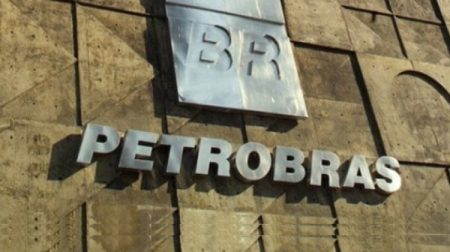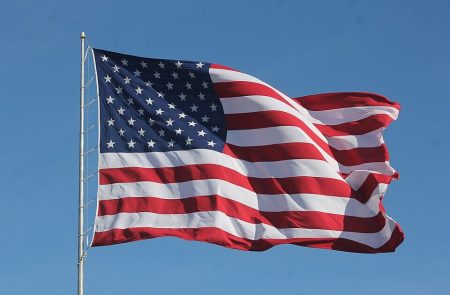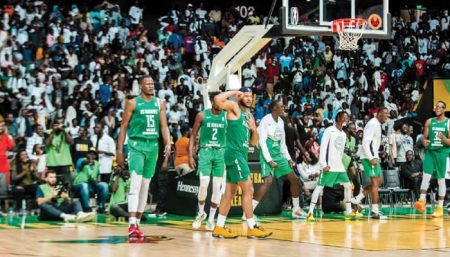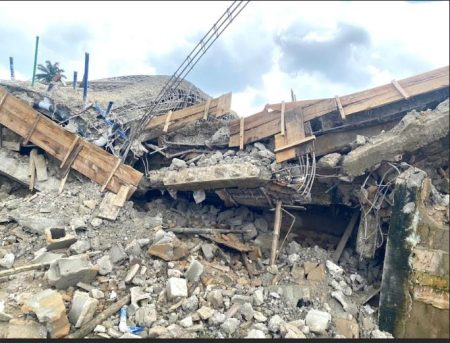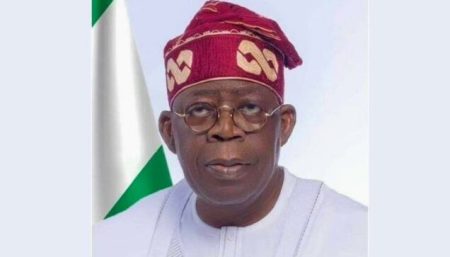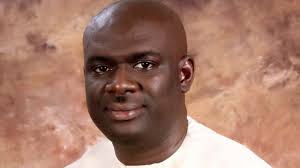President Bola Tinubu’s Eid-el-Kabir message resonated with a call for patience and perseverance amidst ongoing economic reforms. Acknowledging the challenging journey, he reassured Nigerians that the “toughest days are behind us,” emphasizing that positive economic indicators are emerging. Tinubu stressed that the reforms, while not offering quick fixes, are designed for sustainable development and will ultimately transform lives. He urged continued prayers for the nation’s security personnel and leaders, emphasizing the significance of Eid-el-Kabir’s values of sacrifice, selflessness, and compassion for national renewal. He underscored the importance of Prophet Ibrahim’s devotion as a model for unity and perseverance. Tinubu’s message concluded with an appeal to embrace these values for the progress of the country.
Echoing the President’s sentiments, prominent figures like former Vice President Atiku Abubakar, House Speaker Tajudeen Abbas, and various state governors called for national unity and prayers during the Eid celebrations. Atiku highlighted the festival’s essence of kindness and peace, urging leaders to prioritize the people’s welfare. Abbas emphasized the spirit of sacrifice and renewed hope as crucial for overcoming national challenges. Governors across several states, including Dapo Abiodun of Ogun State, Biodun Oyebanji of Ekiti State, Dikko Umar Radda of Katsina State, Bala Mohammed of Bauchi State, Muhammadu Yahaya of Gombe State, and Seyi Makinde of Oyo State, all emphasized the importance of unity, compassion, and prayer during the festive period. They called on citizens to embody the spirit of the festival by extending kindness to those in need and working towards a more harmonious society.
Beyond the messages of unity and hope, practical actions of generosity were also witnessed. Deputy Speaker Benjamin Kalu donated rams, rice, and other food items to the Muslim community in Abia State, urging the sharing of love and support for the Tinubu administration. Olumide Osoba, a federal lawmaker from Ogun State, donated N40 million to 800 constituents, while Senator Sunday Karimi gifted cows, rams, and cash to Muslims in his Kogi West constituency. These acts of charity complemented the overarching theme of compassion and support for those less fortunate during the Eid celebrations.
In preparation for the festivities, security measures were heightened across the nation. Inspector General of Police Kayode Egbetokun ordered intensified patrols and surveillance, particularly at Eid prayer grounds and public spaces. He stressed the importance of maintaining a secure environment for worshippers and urged Nigerians to embrace tolerance and peaceful coexistence. The deployment of security personnel was evident in various states, including Katsina, Plateau, Borno, Gombe, Benue, Yobe, Kebbi, Edo, and Kogi. These measures aimed to prevent any security breaches and ensure a peaceful celebration for all. Traffic management also posed a significant challenge, with major highways experiencing gridlock due to increased travel. The Federal Road Safety Corps (FRSC) deployed personnel to manage traffic flow and ease congestion, acknowledging the significant movement of people across the country for the celebrations.
The economic realities of the nation were brought into sharp focus by the escalating prices of livestock, particularly rams, a central element of the Eid-el-Kabir tradition. Ram sellers in Jigawa State reported low patronage due to the high costs, attributed partly to the ban on livestock exports from Niger Republic and the removal of fuel subsidy. Buyers expressed their frustration with the inflated prices, with some questioning their ability to afford the traditional sacrifice. Islamic clerics, however, reminded the faithful that the sacrifice is not compulsory but rather a symbolic act of devotion. The situation in Jigawa mirrored similar scenarios across other states, where economic hardship impacted the ability of many to fully participate in the customary aspects of the celebration. Despite the challenges, residents in Kano reported stable food prices, offering a glimmer of relief amidst the economic pressures.
In conclusion, the Eid-el-Kabir celebrations in 2025 were marked by a blend of hope and hardship. President Tinubu’s message of optimism and the calls for unity from political and religious leaders provided a sense of collective purpose. Acts of generosity and heightened security measures reflected a commitment to supporting the less fortunate and ensuring a safe environment for all. However, the economic realities, particularly the escalating prices of livestock, posed a significant challenge for many, highlighting the ongoing impact of economic reforms and regional factors on the lives of ordinary Nigerians. The festive period, therefore, served as a poignant reminder of both the nation’s aspirations and its ongoing struggles.


